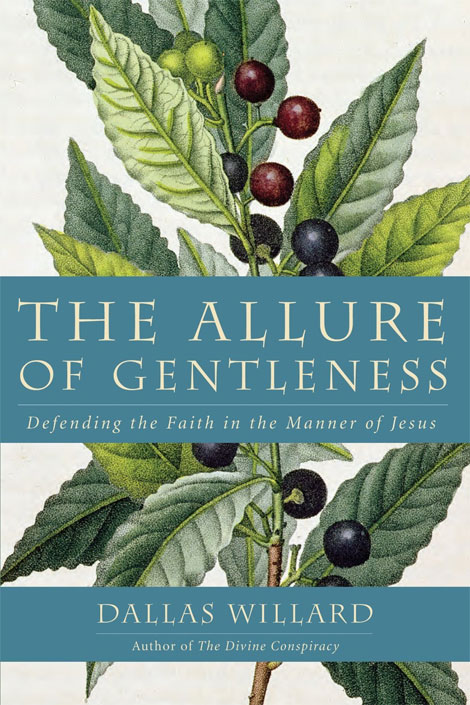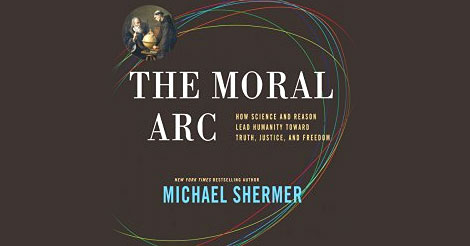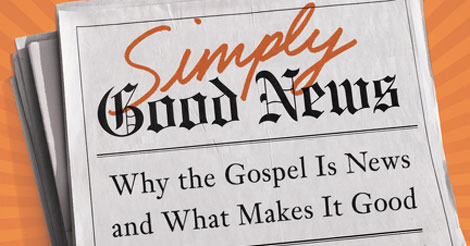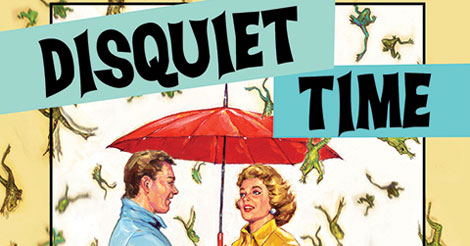“Apologetics itself has become a problem. It has become a problem in both its content and its spirit.” So says the late Dallas Willard in a new book about apologetics, The Allure of Gentleness: Defending the Faith in the Manner of Jesus, (HarperOne, $26.99).
In a series of talks that were compiled and edited by Willard’s daughter Rebecca Willard Heatley, Willard argues for an approach to Christian apologetics that isn’t solely based on argument, evidence and reason, but also is characterized by gentleness.
He seeks to temper the often combative and acerbic nature of apologetic discourse with a humble, generous, open and loving approach, wisely realizing that apologetic arguments “will all be wasted unless the allure of gentleness pervades all that we do.”
Willard covers much of the usual apologetic ground, discussing knowledge, truth, reason, faith, doubt, God’s existence, divine hiddenness, hell, cosmology and the problems of pain and evil. But, though framed by a good intent, Willard’s arguments are often cut from the same well-worn cloth of most modern evangelical apologetics.
Despite setting out to correct Christian apologetic’s problems of content and spirit, Willard’s approach often perpetuates them. For example, while discussing Christian ethics, Willard says that
Richard Robinson was one of the leading atheist philosophers during the latter part of the twentieth century. He died in 1996, and he knows better now … [emphasis… [Read more…] about Can gentleness save evangelical apologetics?








